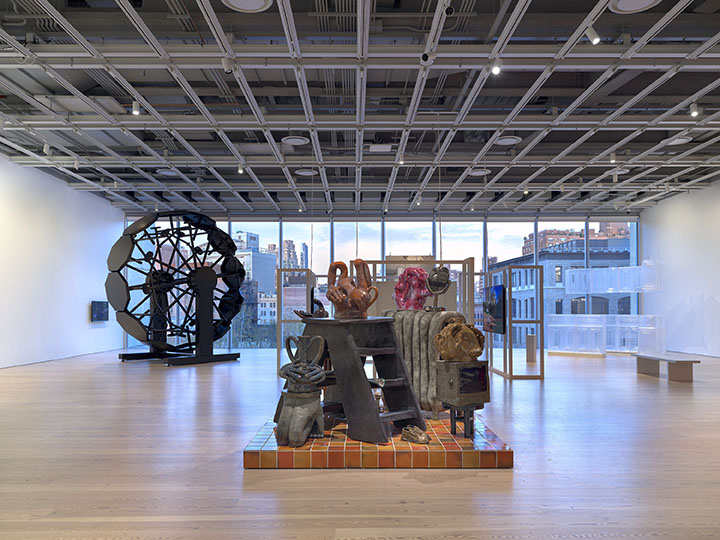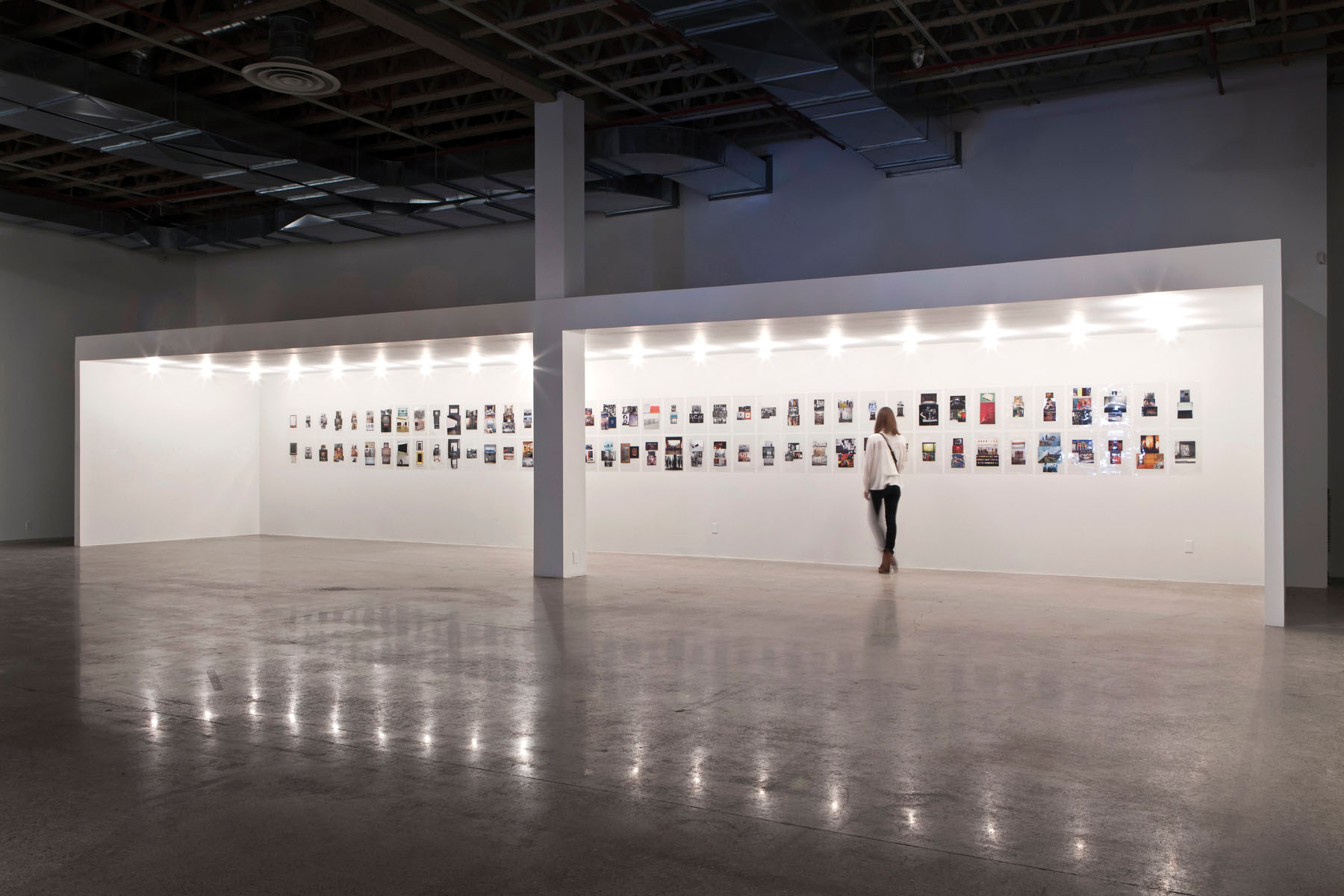Whitney Biennial
Quiet as it's Kept
April 6-September 5, 2022

Photo : Ron Amstutz
April 6-September 5, 2022
[En anglais] Puzzling, in good and, at times, less-good ways. That’s how the 18th edition of the Whitney Biennale comes across. From Coco Fusco and Alfredo Jaar to Ellen Gallagher and Charles Ray, as well as a host of lesser-known and very diverse artists, the ambitious exhibition titled Quiet as It’s Kept is a cornucopia of old and new media, inventive displays, and socially charged perspectives. All the ingredients are there, but the result is somewhat unnecessarily chaotic. Much of this impression is left not by the highly original and cutting-edge art on display, but by the discrepancy between the curatorial statement situated at the entrance and the overall viewer’s experience. More than offering a solid contextual framework, the text by curators David Breslin and Adrienne Edwards seems to implicitly raise questions about the nature of the Whitney Biennial, its role on the contemporary scene, and the post-COVID condition of art in general.
As Breslin and Edwards acknowledge, work on the exhibition began in 2019, before the pandemic wreaked planetary havoc. It follows that a curatorial course correction took place to better reflect what the curators call “precarious and improvised times.” Although it is undeniable that we have been through some of the most challenging times in the past hundred years, one is left wondering, what times are not precarious or improvised? What moment in history has not been met with improvised responses? This conceptual flaw is underscored by a fatal curatorial faux-pas: the reliance on a structural dichotomy. At a time when the art world is finally coming to terms with posthuman philosophies that invite us to think non-anthropocentrically and rhizomatically, splitting the exhibition across two floors—one a clearing, an open and light field, and the other a labyrinth, a dark place of containment—feels a bit simplistic and certainly anachronistic.
Créez-vous un compte gratuit ou connectez-vous pour lire la rubrique complète !
Mon Compte


